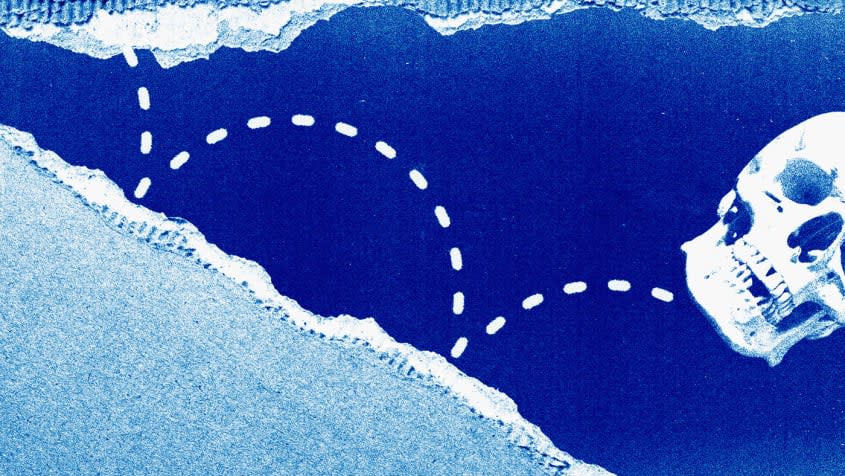Why is the murder rate dropping?

Rising murder rates have been a central issue in American politics in recent years. That could be changing. The New York Times reported that a new survey of 30 U.S. cities shows a "nearly 10% drop in homicides" so far this year. Violent crime is still higher than it was before the Covid-19 pandemic hit in 2020, but crime experts are cautiously optimistic. "I would call the result heartening," said Richard Rosenfeld of the University of Missouri-St. Louis. But he added that "we have a ways to go."
Of the 30 cities analyzed, CNN reported, 20 saw a decline in murders, and 10 saw an increase. There were also fewer gun assaults, but more vehicle thefts, than during the same period in 2022. Overall, the study's authors concluded that "levels of nearly all offenses are lower or have changed little" from a year ago.
The latest report confirms other recent findings that the pandemic-era spike in homicides is beginning to ebb. "Factors like an easing of the pandemic and political upheaval may play important roles," The Christian Science Monitor reported. And it comes "amid a broader evolution of policing" following the George Floyd protests in 2020. "It's really about putting officers in positions where we don't force them to be adversaries," said Georgia State University's Thaddeus Johnson. Why are murder rates declining? And is that trend sustainable?
What are the commentators saying?
"Explaining the trend is much more difficult than describing it," Jeff Asher wrote at The Atlantic. The pandemic-era surge in murders was a national trend, and the apparent decrease this year seems to be widespread as well, which "suggests that national explanations will be more convincing than local anecdotes." Some cities used Covid relief money to hire more police officers, and the end of the pandemic emergency may have contributed to a sense of normalcy. But it's too soon to celebrate. The downward trend may "ultimately prove to be a one-year anomaly."
Some experts were skeptical that Covid had much to do with the murder spike, German Lopez wrote for The New York Times. After all, "other countries saw no large increases in murder rates" during the pandemic. Perhaps, but it's also true that America is flooded with guns compared to peer nations, putting Americans at "greater risk for violence when much of society is upended." However, experts are warning that it's not clear exactly why the number of murders is falling. "The lack of certainty is typical in discussions about crime."
Republican politicians have blamed "defund the police" legal reforms and progressive prosecutors for the crime spike. Michael P. Jacobson and Sana Khan wrote for Governing that their analysis suggests "criminal legal reforms did not lead to violence in the wake of Covid-19." Lawmakers should focus on long-term trends instead of short-term increases or decreases in crime and "instead of dwelling on anecdotal stories and fear, policymakers should move toward fact-based solutions."
What's next?
Murders are down overall, but mass killings are up. "This year's unrelenting bloodshed across the U.S. has led to the grimmest of milestones – the deadliest six months of mass killings recorded since at least 2006," The Guardian reported. By the end of June, there had been 28 mass shootings with 140 victims in the United States. "We used to say there were two to three dozen a year," said Northeastern University's James Alan Fox. "The fact that there's 28 in half a year is a staggering statistic." Of the 28 mass killings — an event where four or more people are killed — 27 involved firearms.
There's one other problem: Murders may be declining, but the unsolved murder rate is at a "record high," NPR reported. Less than half of U.S. homicides were "cleared" by investigators in 2020 — a number that has been dropping for decades. In some big cities, the solve rate dips under 40%. (Germany, meanwhile, solves more than 90% of its murders.) That may be creating a terrible feedback loop. Some witnesses don't believe investigators can solve crimes, so they won't help police solve crimes. "It is undermining whatever trust there is in the police," said one expert. "And it's a vicious circle."
You may also like
Florida construction and agricultural workforces diminished after new immigration law takes effect
Judge limits how Biden officials can communicate with social media companies
How solar and wind energy are saving Texans from a record heatwave

